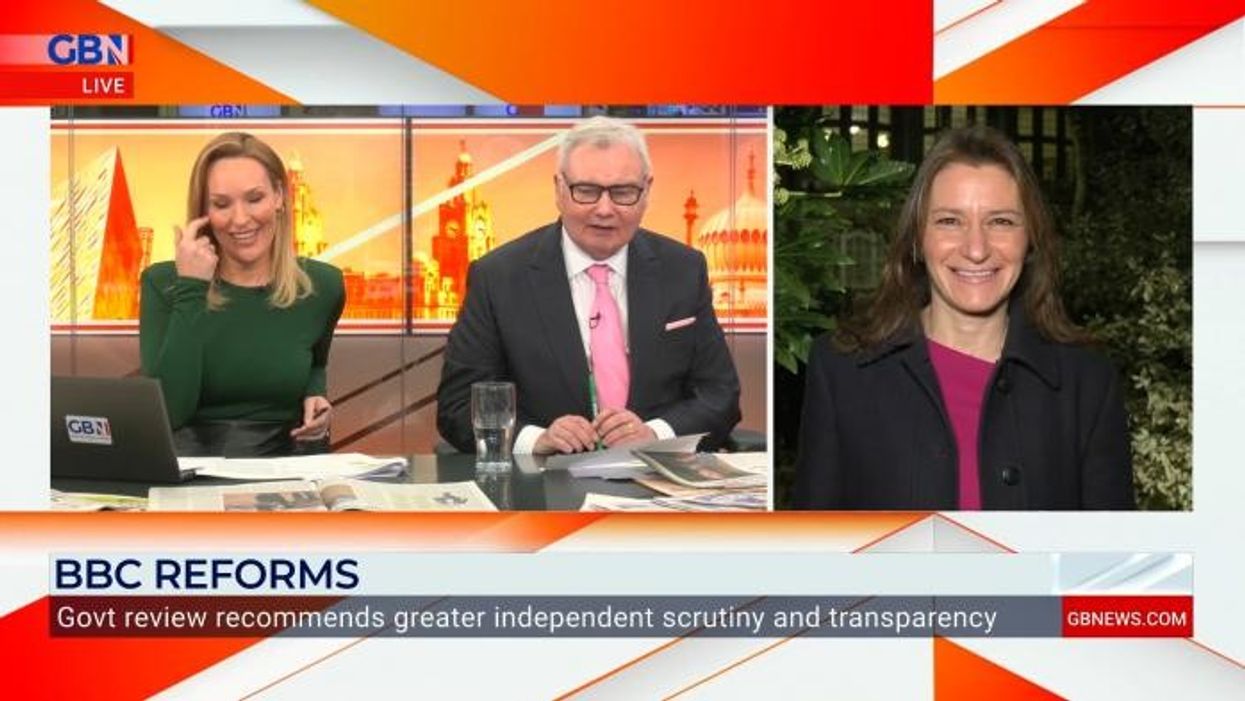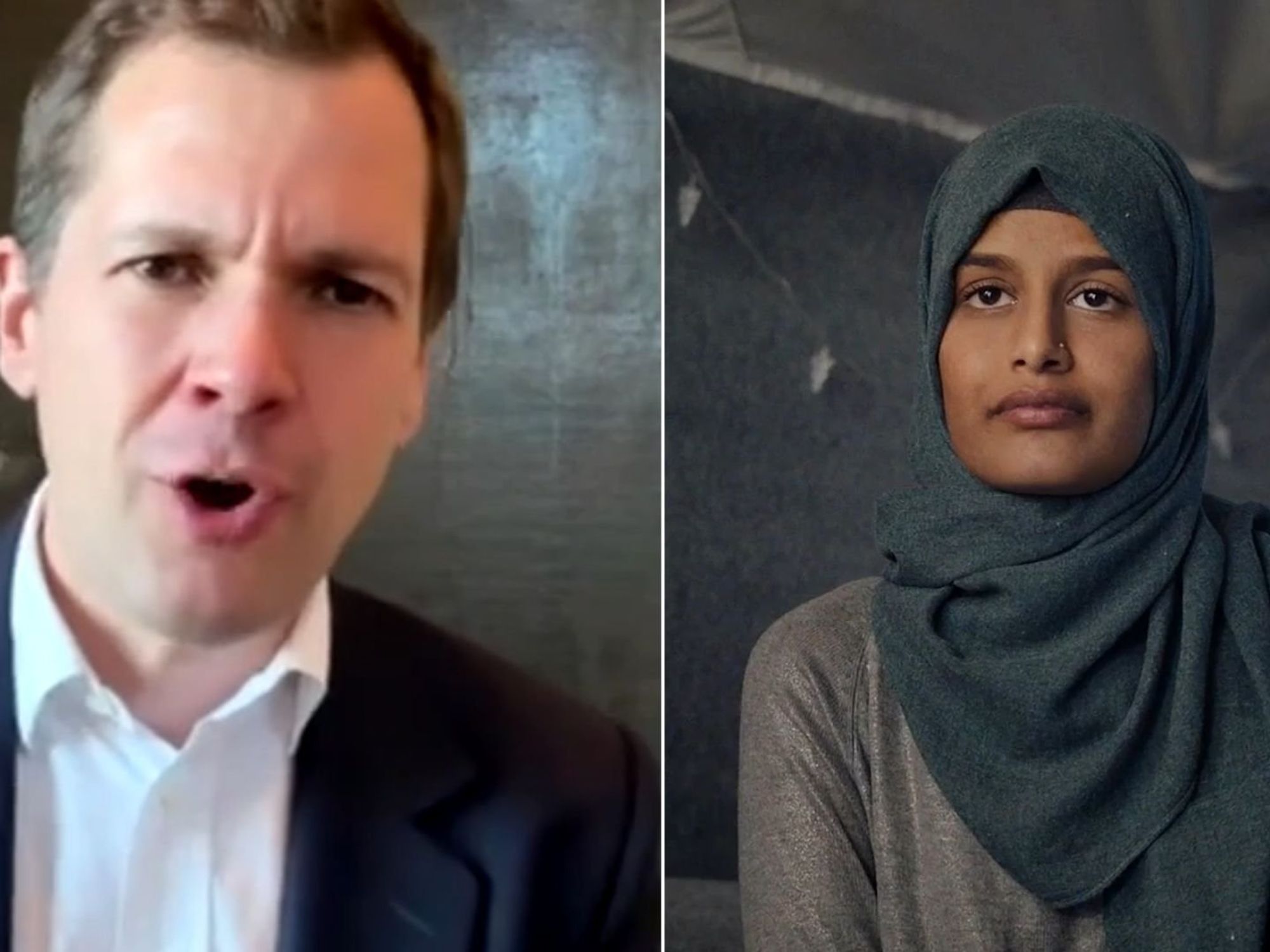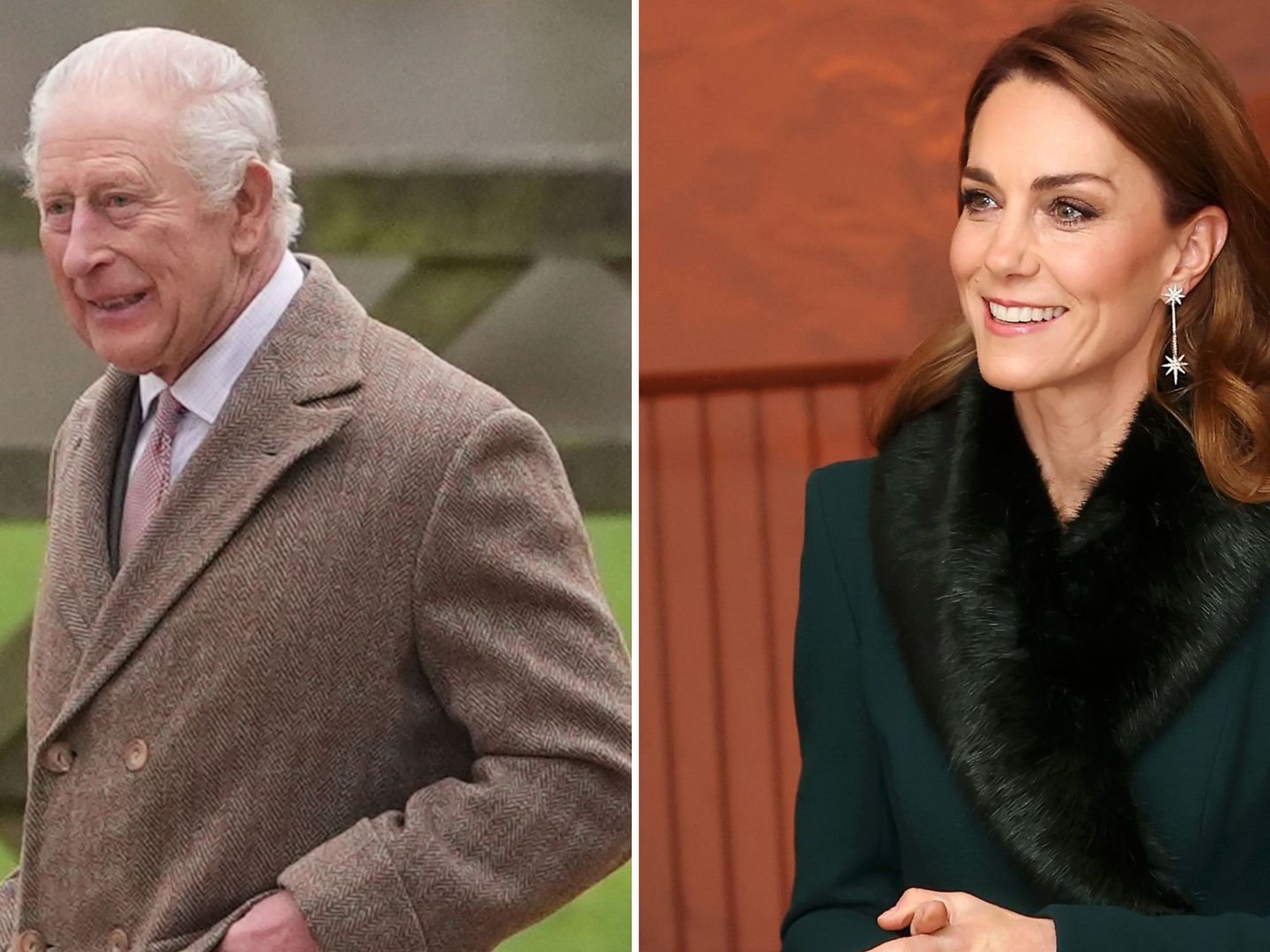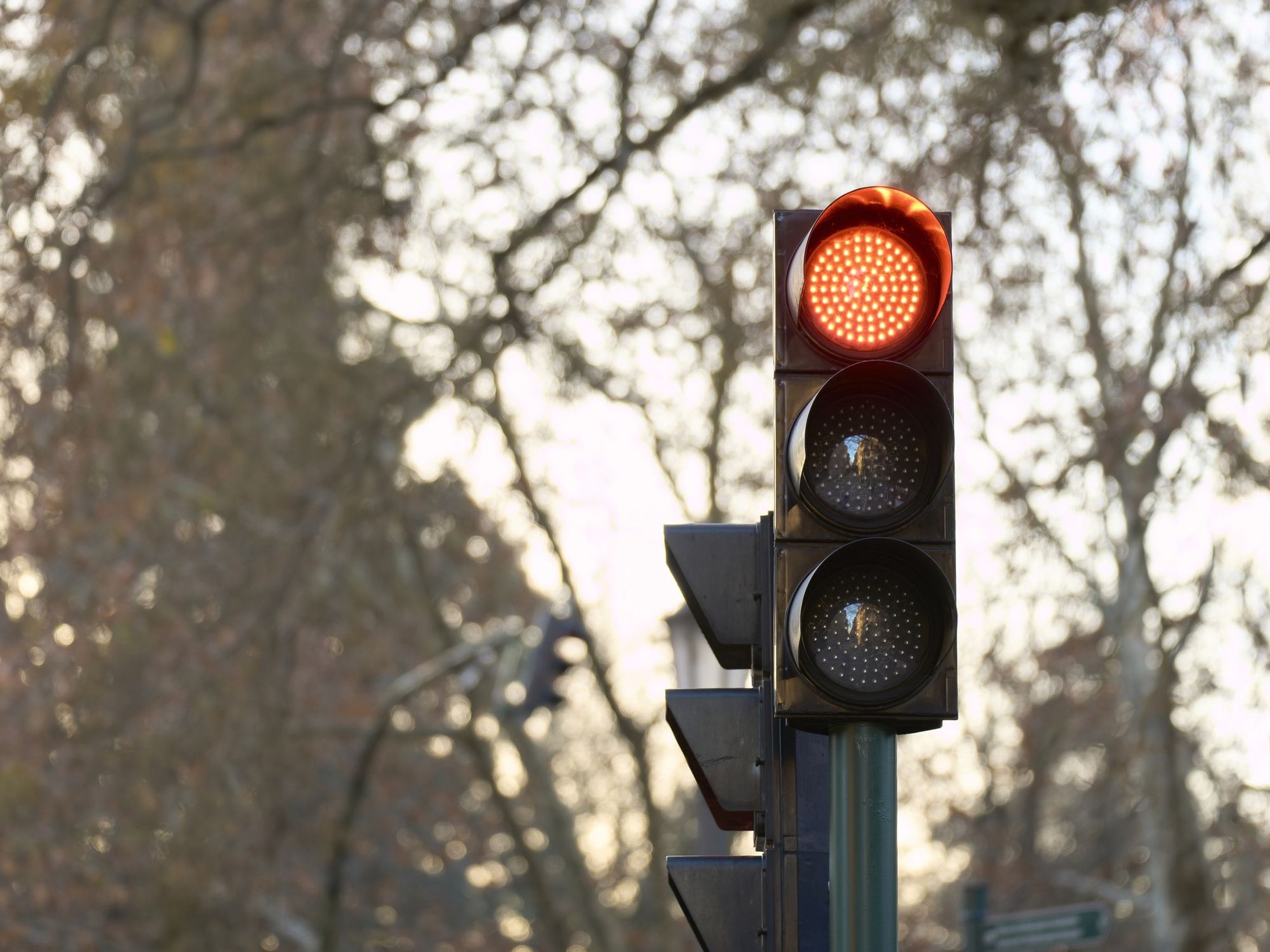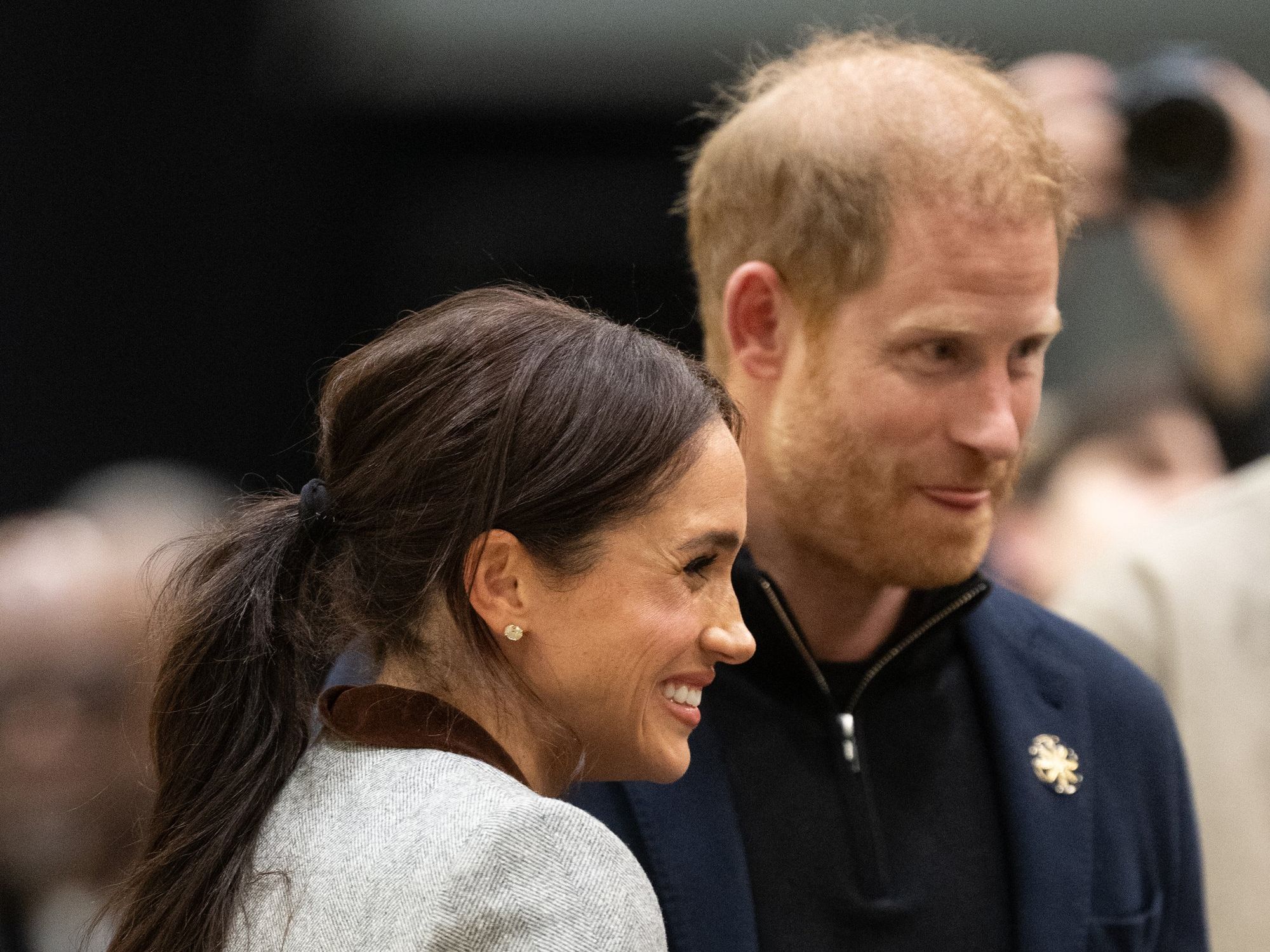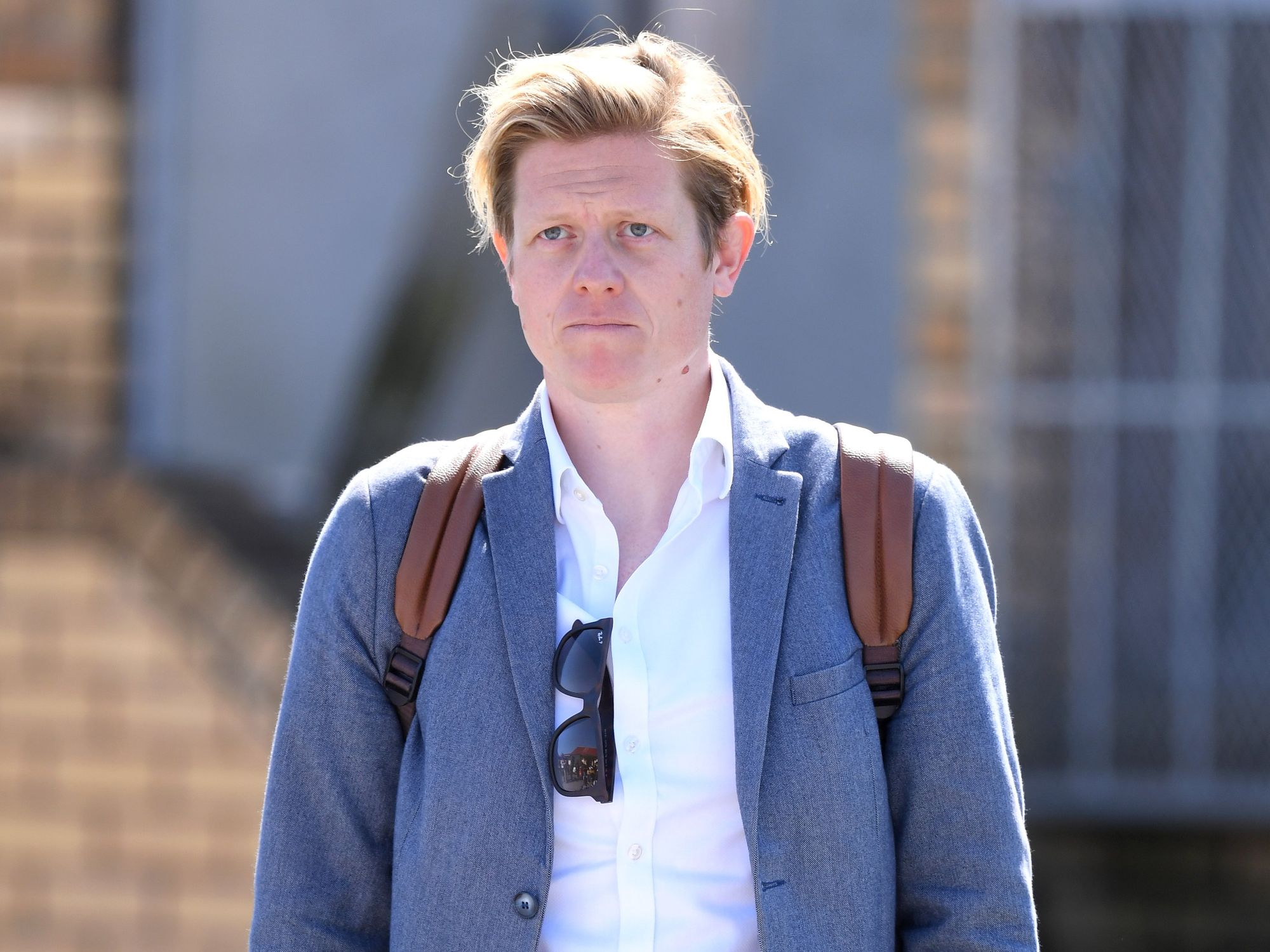BBC facing new clampdown as broadcaster blasted by audiences over claims of bias

The broadcaster has been slammed for being able to 'mark its own homework'
Don't Miss
Most Read
Latest
The BBC has been attacked by viewers who say the corporation is not "sufficiently impartial" amid a new Government crack down to tackle bias at the national broadcaster.
Culture Secretary, Lucy Frazer is set to announce tougher scrutiny, which includes policing of the BBC’s website and social media channels.
It comes after the BBC was criticised over its coverage of the war in Gaza and its refusal to call Hamas terrorists.
Following claims the broadcaster has been able to "mark its own homework", new scrutiny rules will mean the BBC’s board will be legally bound to oversee the complaints procedure.
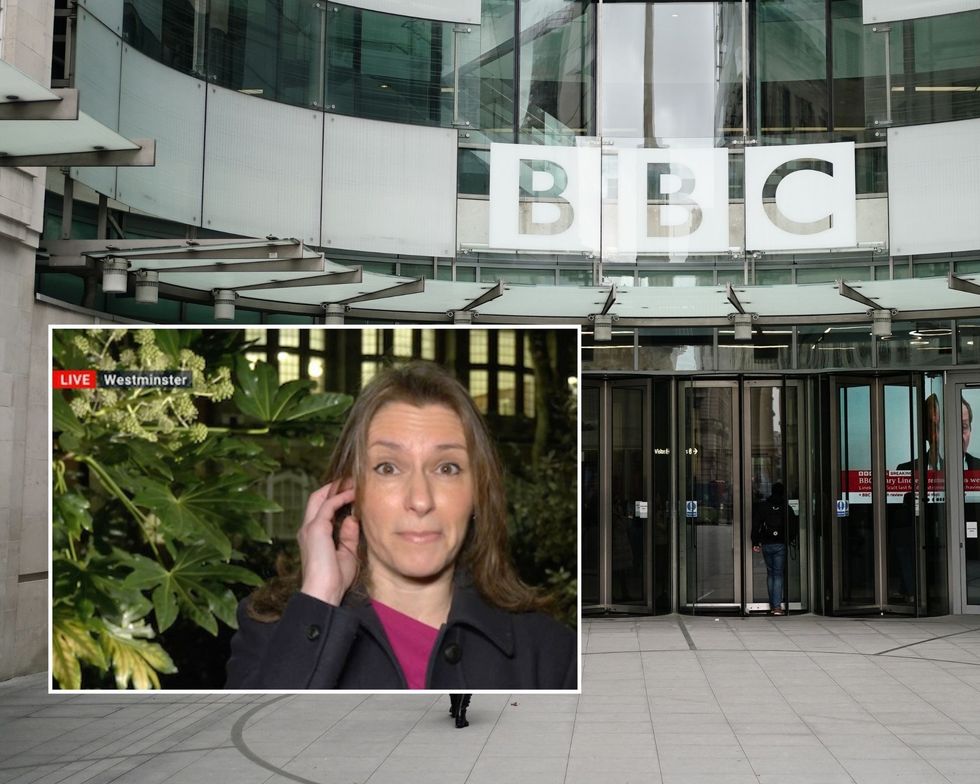
Culture Secretary, Lucy Frazer is set to announce tougher scrutiny, which includes policing of the BBC’s website and social media channels
|PA/ GB News
The corporation will now be required to offer a range of political opinions after facing accusations of anti-Tory bias.
Last month, it was accused of offering a "steady diet of woke bias".
Frazer told GB News: "I think it's really important that those who work for the BBC, and this is what the guidelines say, respect that impartiality and that they don't undermine the reputation of the BBC.
"Obviously, it's for the BBC and not for me to determine whether those guidelines have been crossed by any particular presenter and it's something that I know audiences and I are monitoring very carefully."
She added: "What I'm interested in is what audiences say and what we know from statistics from Ofcom is that audiences are feeling like the BBC is not performing that role in relation to impartiality and they are getting less impartial.
"Last year 39 per cent of complaints about the BBC were about impartiality, when the year before they were 19%. So, trust in the impartiality of the BBC, unfortunately, is going down.
"It's a really, really valuable institution, we should hold the BBC in high regard, but it's got more to do…"
Under the reforms, Ofcom will become responsible for policing BBC output on third party platforms such as YouTube and Twitter, as well as television, radio and catch-up services.
LATEST DEVELOPMENTS:
- Gary Lineker worries about 'toxic' Israel-Palestine social media debate after receiving 'threats' for sharing post calling for sports ban
- BBC urged to sack 'overpaid presenters' as it sells iconic EastEnders set in desperate savings drive
- Gary Lineker cheered by Hamas propaganda outlet after anti-Israel message
The tougher scrutiny comes as part of a mid-term review of the corporation’s charter.
The move hopes to make the process more independent, and to avoid complaints simply being resolved between programme makers and the BBC’s Executive Complaints Unit.
Over the past five years, only 25 complaints of bias had been upheld by the BBC.
Danny Cohen, former BBC director of television, who previously raised concerns about the broadcaster becoming "institutionally anti-Semitic", has praised the changes.
"This is a step in the right direction by the Government and Ofcom. The BBC should not be marking its own homework when it comes to complaints about its output," he told The Telegraph.
"In this digital age, closer scrutiny of the social media output of the BBC is long overdue. This independent scrutiny should be extended to the social media of its news reporters and high-profile presenters.
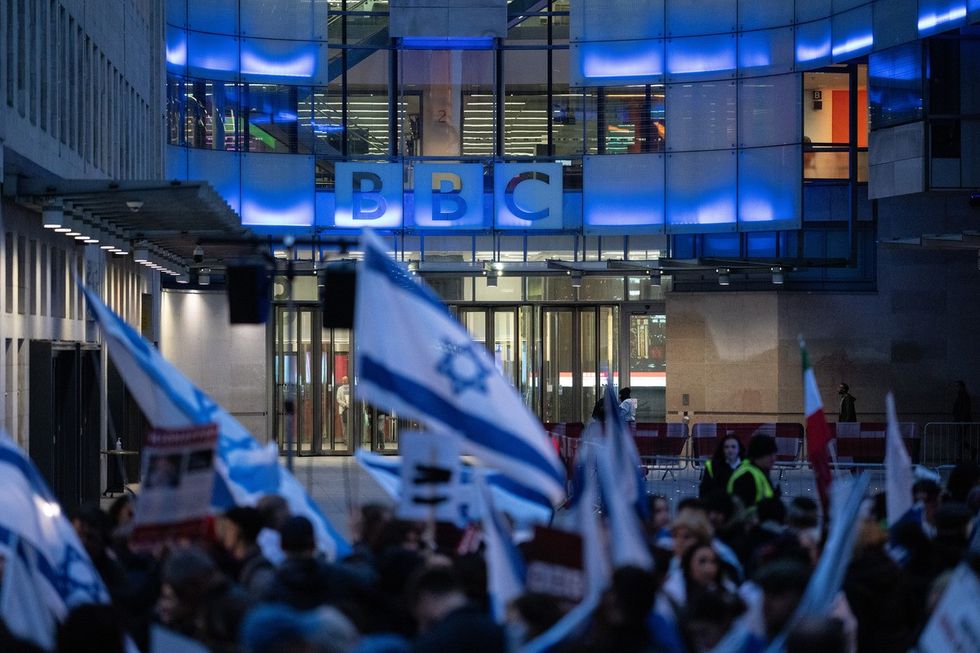 Members of the Jewish community gather outside BBC Broadcasting House to demonstrate against the BBC's ongoing refusal to label Hamas as terrorists | GETTY
Members of the Jewish community gather outside BBC Broadcasting House to demonstrate against the BBC's ongoing refusal to label Hamas as terrorists | GETTY"It is often the case that individuals who breach the BBC’s impartiality on social media are not being held to account by management."
The reforms will not oversee social media content posted by BBC stars such as Gary Lineker.
A spokesman for the BBC said: "With regard to the BBC’s impartiality, no other organisation takes its commitment to impartiality more seriously.
"We have well-established and detailed plans to sustain and further improve standards. We know this matters to audiences and the BBC continues to be the number one source for trusted news, with the highest scores for impartiality and accuracy.
"During discussions over the Mid-Term Review, we proposed and implemented a number of reforms, including strengthening our complaints procedures, which now form part of the conclusions.
"We are pleased the Government has fully taken our proposals onboard. We remain committed to continuous improvement to ensure we deliver for all licence fee payers.”


